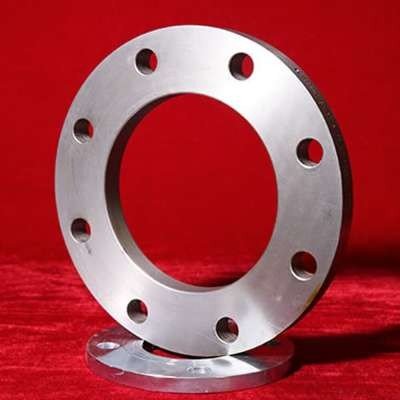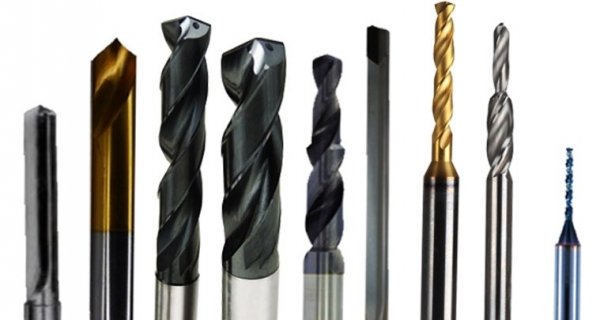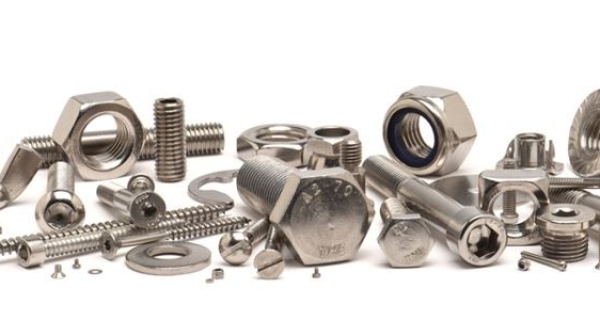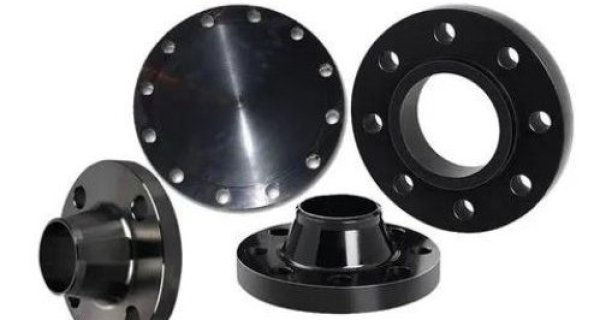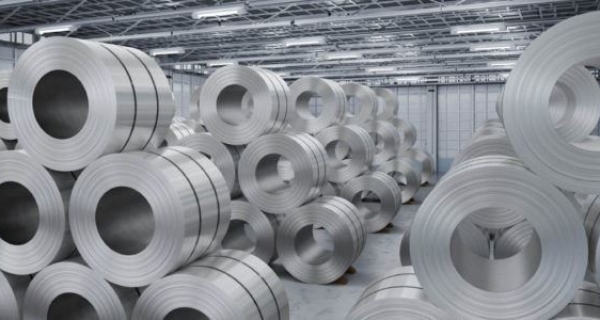Exploring Stainless Steel Flanges: Types, Benefits, and Applications
Riddhi Siddhi Metal Impex is Best Stainless Steel Flange Manufacturers
Posted 1 year ago in other, updated 1 year ago.
1. Exploring Stainless Steel Flanges: Types, Benefits, and Applications
Riddhi Siddhi Metal Impex is Best Stainless Steel Flange Manufacturers dives into the thriving world of stainless steel flange manufacturers in India. It offers a comprehensive guide to understanding why these products are in such high demand, both domestically and internationally, and what makes India a leading hub for this industry.
2. What Are Stainless Steel Flanges?
Stainless steel flanges are circular discs or rings with holes and a projecting rim. They are designed to connect various sections of piping or equipment by bolting them together and sealing with a gasket to prevent leakage. The material, stainless steel, is an alloy mainly composed of iron, chromium, and nickel, offering superior corrosion resistance and strength compared to regular steel. This corrosion resistance is especially important for applications involving harsh environments or exposure to chemicals.
3. Types of Stainless Steel Flanges
Weld Neck Flanges
Weld neck flanges have a long, tapered hub and are ideal for high-pressure environments. Their structure distributes stress evenly, making them reliable in conditions with fluctuating pressure or high temperatures. They are welded directly to the pipe, providing a seamless connection.
Slip-On Flanges
Slip-on flanges are easy to install as they slide over the end of the pipe and are welded in place. These are cost-effective and suitable for low-pressure applications, though they’re generally not as strong as weld neck flanges.
Socket Weld Flanges
Socket weld flanges are typically used for smaller pipes in high-pressure systems. The pipe is inserted into the flange’s socket and welded at the outer rim, providing a strong seal.
Lap Joint Flanges
Lap joint flanges are used with a stub end fitting and are commonly applied in systems where disassembly is needed for maintenance or cleaning. They are ideal for applications requiring frequent dismantling, as the flange is not welded to the pipe.
Blind Flanges
Blind flanges are used to close off or seal the end of a pipe, vessel, or pressure valve. They are commonly used in testing and maintenance, allowing sections of a system to be closed off without dismantling the entire pipeline.
Threaded Flanges
Threaded flanges have a threaded bore that connects with a threaded pipe, which makes them ideal for low-pressure applications where welding is not feasible. They are mainly used in small-diameter applications.
4. Benefits of Stainless Steel Flanges
Corrosion Resistance
Stainless steel flanges are highly resistant to rust, corrosion, and oxidation, even in challenging environments, including those with exposure to chemicals or seawater.
Strength and Durability
Due to the strength of stainless steel, these flanges provide long-term durability, making them a cost-effective solution in the long run. Their mechanical properties remain stable under extreme temperatures and pressures.
Easy Maintenance
Stainless steel flanges simplify the assembly and disassembly of pipes, facilitating easy maintenance and repair. Their resistance to corrosion also minimizes the need for frequent replacements.
Hygiene and Cleanliness
Stainless steel’s non-porous nature makes it resistant to bacterial growth, which is crucial in industries like food processing and pharmaceuticals, where hygiene is paramount.
Versatility
Available in a wide range of sizes and types, stainless steel flanges can adapt to a multitude of applications, from plumbing systems to high-pressure industrial pipelines.
5. Common Applications of Stainless Steel Flanges
Oil and Gas Industry
Stainless steel flanges are used extensively in oil and gas pipelines, processing plants, and refineries. Their durability and corrosion resistance make them ideal for transporting oil, natural gas, and other hydrocarbons under high pressure and temperature conditions.
Chemical and Petrochemical Industry
These industries often deal with corrosive chemicals, making stainless steel flanges a suitable choice. They are used in storage tanks, pipelines, and reactors, ensuring safe containment and transport of hazardous materials.
Food and Beverage Industry
Stainless steel is non-reactive and easy to clean, which is essential for maintaining product quality and hygiene in the food and beverage industry. Flanges are widely used in processing plants, bottling facilities, and pipelines carrying food products.
Water Treatment
The durability and resistance of stainless steel make it suitable for use in water treatment plants, where pipelines transport treated and untreated water. These flanges prevent leaks and withstand exposure to both chlorinated and untreated water.
Pharmaceuticals
The pharmaceutical industry demands stringent cleanliness standards, which stainless steel flanges can meet due to their non-reactive, easy-to-clean properties. They are used in pipelines that carry active ingredients and finished products.
6. Stainless Steel Flange Manufacturer in india
SS flanges are more than just pieces of metal used to join pipes, valves, or equipment. They are precision-engineered components that must withstand enormous pressure, corrosive environments, and extreme temperatures. Any failure in a flange can lead to catastrophic consequences, which makes quality and reliability non-negotiable in their manufacturing. The goal of our business has been to provide our customers with high-quality stainless steel flanges and pipe fittings, rather than EIL Approved Pipe Fittings Manufacturer in India & IBR Approved Pipe Fittings Manufacturer in India.
